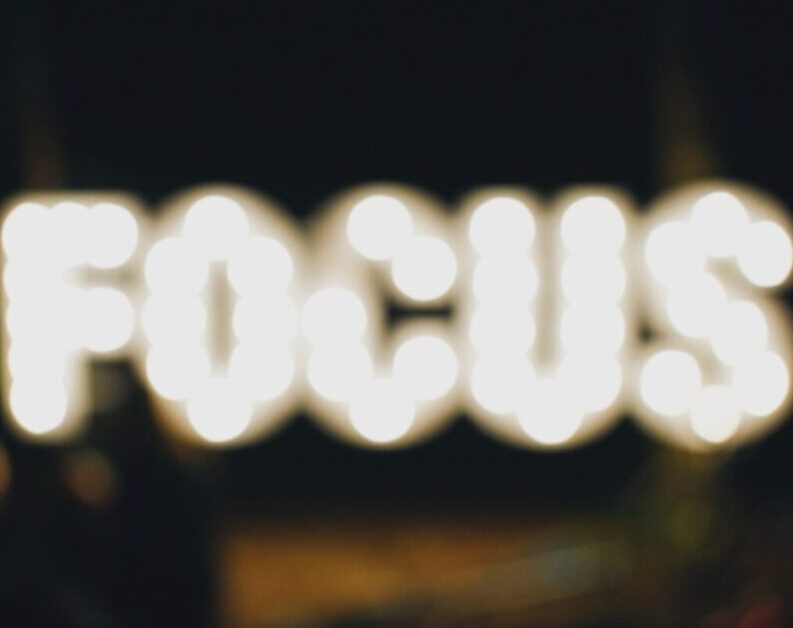An ADHDer gets hyperfocus and writes 400 pages.
When the hyperfocus ends, as suddenly as it came, she finds herself unable to write at all.
She thinks to herself, ‘I can’t write any more’. When she tries… she struggles.
Can the ADHDer really not write anymore?
Maybe she’s struggling because she’s trying (and failing) to recreate her state that she had during the hyperfocus?
Or perhaps she believes that that obsessive hyperfocus state is what motivation is supposed to look like and she believes that to write, she needs hyperfocus.
This above situation was based on a real conversation I had with an ADHDer, and, I imagine most ADHDers can relate.
I asked her why she couldn’t continue writing without hyperfocus.

She suggested that she struggled to make her vague ideas into concrete ones without hyperfocus.

And that her performance without hyperfocus demotivated her (compared to the hyperfocus one).

I told her that the issue was likely due to our executive dysfunction, which hinders our ability to plan and turn ideas into workable actions.
Then I suggested she learn structured methods to turn her vague ideas into workable ones, such as visualization.
Her reply really summarized my entire point:

This is exactly how I stopped needing hyperfocus to do things: learning proper techniques. Coping techniques.
How do they help? Well let me use an analogy:
Non-ADHDers get stencils to help paint. They still have to learn to paint and practice painting, but it helps.
We get no stencils and have to freehand.
The stencils are the executive functions.
So to manage around our executive dysfunction, we have to fashion our own stencils for structure. These are the coping strategies.
Breaking stuff down to make them easier to do, making topics easier by relating them to our interests, making things easier to recall using association.. these are all the coping strategies I use and are the stencils I made to make up for my executive dysfunction.
Yes, this is not an easy thing to do. You might fail once or twice or thrice.. Or a hundred times. Change doesn’t come easily.
It took me years of practice.. and failing. My ADHD blogging for example, I’ve taken many hiatuses over the past 3 years but I’ve always come back.
I’m really not a fan of hyperfocus.
I feel we ADHDers get a very warped view of motivation and interest cause of our motivational issues. For many ADHDers, hyperfocus is the only way they can focus. As a result, they start believing that the obsessive flow is the only way to get things done.
And anything besides it is useless.
We start seeing motivation as being very black or white. We’re either SUPER HYPERFOCUSED or totally apathetic. We conflate motivation and interest with the obsession.
And if we aren’t OBSESSED, we feel we aren’t interested. To do things, we feel we need to be OBSESSED.
I really don’t like hyperfocus.
Not to mention, hyperfocus is quite unreliable.
Hyperfocus is the equivalent of golfing for the first time and getting a hole in one. Sure, it could happen with sheer luck but trying to win a round of golf with just luck is a bad idea.
The proper way to try to win is by learning how to golf properly, and just a bunch of practice… not by relying on luck.
There is another aspect of hyperfocus that I used to find quite helpful too: the single minded obsession that made me temporarily forget about my hesitation.
I no longer cared about other’s views, nor did my anxiety obstruct me.
It’s not that I was more motivated.. no, I just wasn’t held back by my perfectionism, fear of failing, anxiety and self-doubt.
However, as I have worked on my self doubt and anxieties over the years, I have found it easier to do stuff without hyperfocus.


One Comment